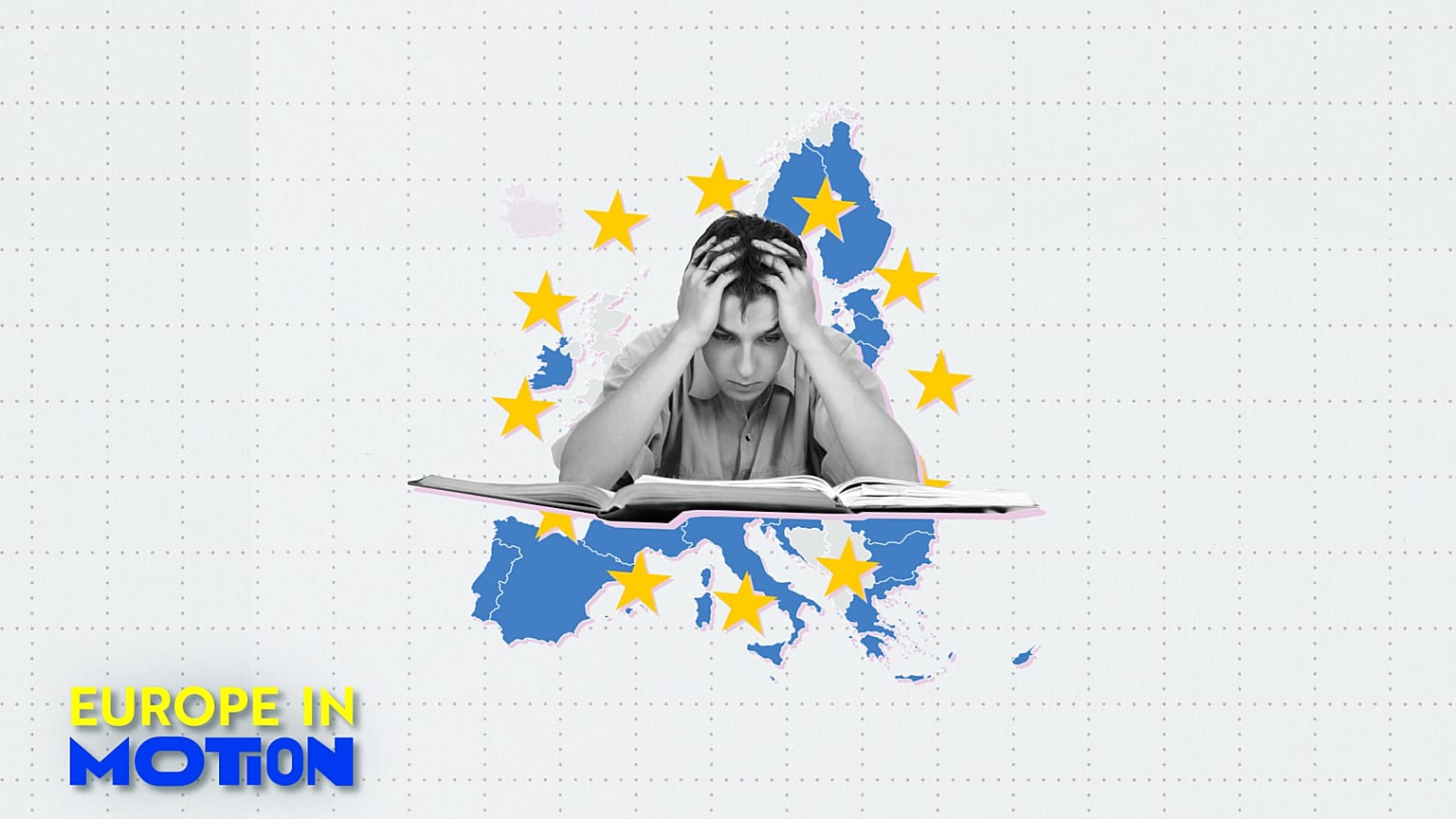Young people in the EU struggle with their mental health much more than people in other age groups, new research claims. Academic and financial pressures, as well as feelings of loneliness, are increasingly affecting them.
The kids are not okay. Some three years ago, a report showed that 40% of EU students in higher education experience difficulties with their mental health, with around one in five suffering from a mental disorder.
Now, a more recent study by the non-profit organisation Nightline France, which surveyed 15,000 people from four EU countries (Germany, France, Ireland, and Austria) and the United Kingdom, suggests that the situation has worsened.
Mental health disorders among students are on the rise.
The report's authors attribute this trend to pressure over academic performance, financial issues, as well as an increase in people feeling lonely or isolated.
Depression and ADHD
The most prominently named mental health problems are depression and anxiety, both affecting 71% of respondents.
Attention-Deficit Hyperactivity Disorder or ADHD (25%), eating disorders (20%), personality disorders (11%) and addiction disorders (8%) are also prevalent.
The report underlines that in the EU, the majority of mental health disorders appear before the age of 25, with almost half emerging by the age of 14.
Too little information
Despite this, student mental health is "under-researched and under-invested", the report's authors claim.
They summarise the findings of other recent studies that found that "there is little information specific to the mental health" of the student population in Europe.
The experts say there is even "a lack of consistency in defining mental health when addressed by policy- and decision-makers, creating the risk of confusion and inefficient or harmful implementation."
The report concludes that there is "a lack of investment in student mental health [that] has a crippling effect on our societies and economies."
The World Health Organization (WHO) has estimated that 12 billion working days are lost every year globally to depression and anxiety, at an annual cost of around €1 trillion in lost productivity.















